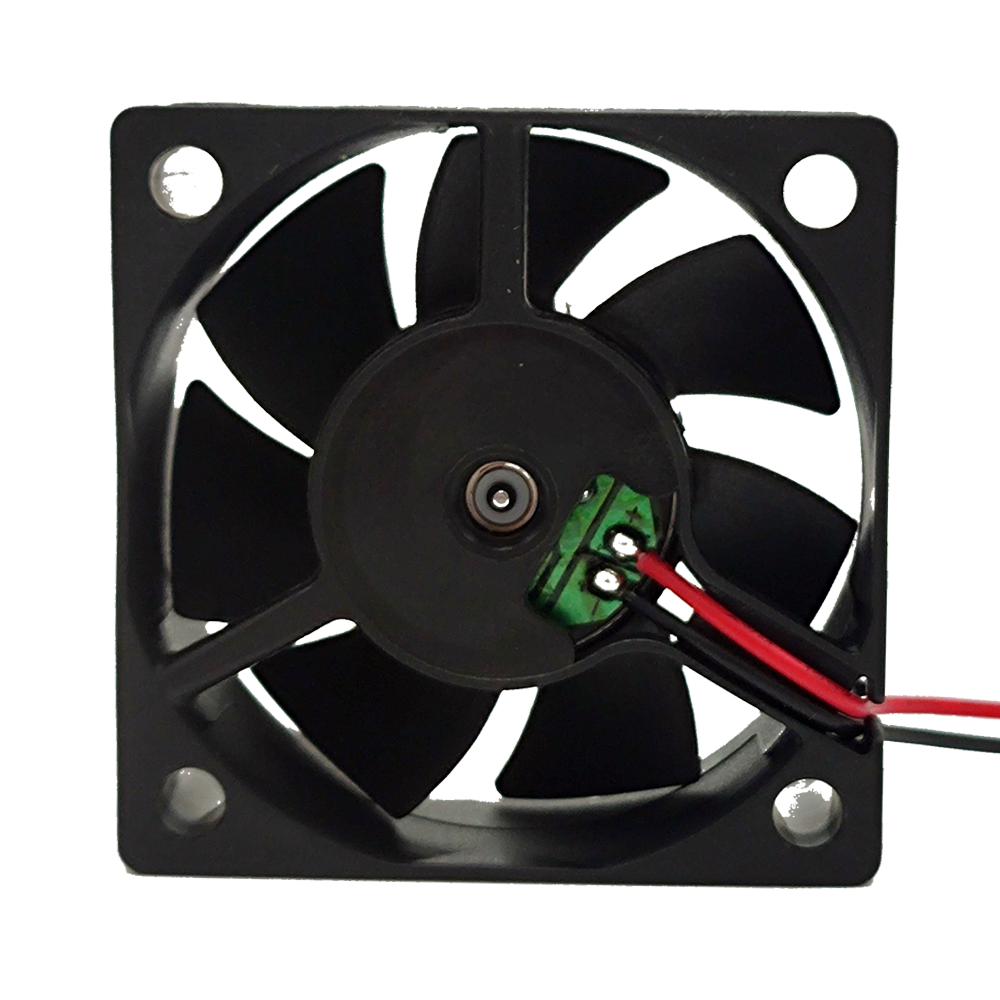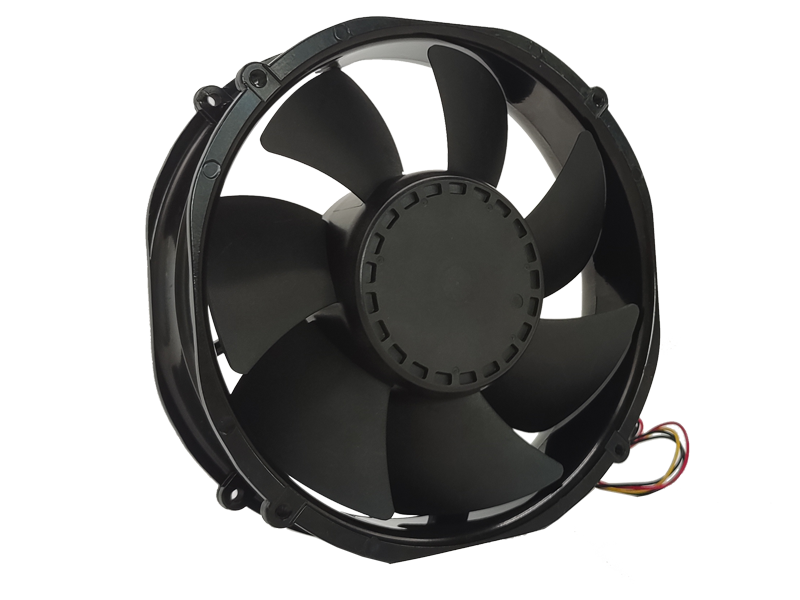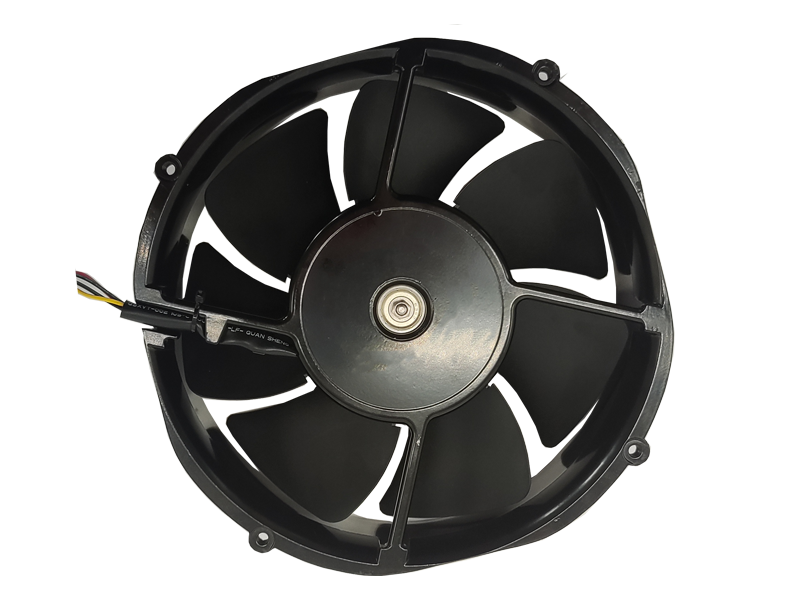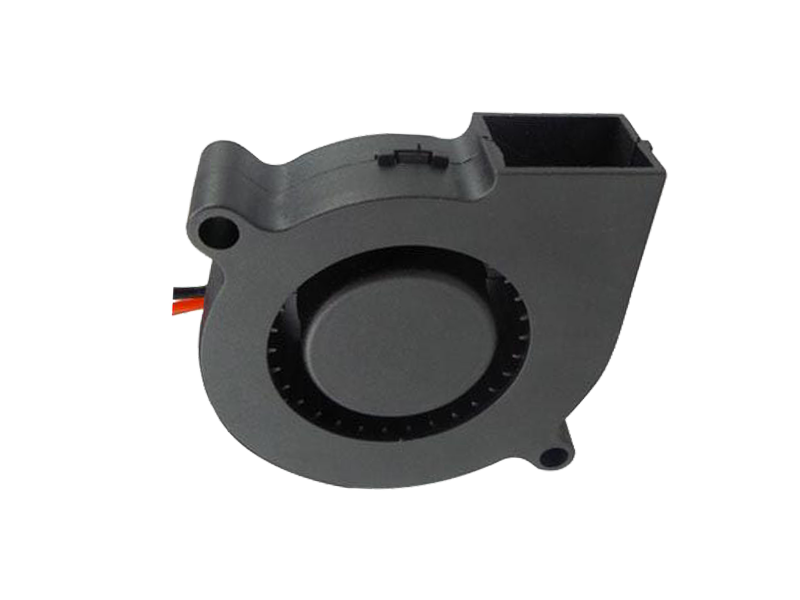Industrial fans play a pivotal role in various industrial applications, offering efficient air circulation, cooling, and ventilation. As industries evolve, the demands on these fans have increased, prompting manufacturers to innovate continuously. This article explores the key product characteristics of industrial fans, their applications, and the trends shaping their development in today’s market.
1. Understanding Industrial Fan Design
Industrial fans are designed to cater to a wide range of applications, from manufacturing facilities to agricultural settings. Their design and functionality are critical in ensuring optimal performance and energy efficiency.
Key Components of Industrial Fans
Motor: The heart of any industrial fan, the motor’s type and efficiency directly affect overall performance. AC motors are common in larger fans, while DC motors offer energy savings and variable speed capabilities.
Blades: Blade design is crucial for airflow and efficiency. Different blade shapes and materials (such as steel, aluminum, or high-strength plastic) influence how effectively air is moved. Curved blades are often favored for their efficiency.
Housing: The fan housing not only protects internal components but also impacts airflow dynamics. Streamlined designs minimize turbulence, while durable materials ensure longevity in harsh environments.
Performance Metrics
When evaluating industrial fans, several key performance metrics are essential:
Airflow Rate (CFM): The volume of air moved per minute is critical for determining whether a fan can meet the specific needs of an application.
Static Pressure: This measurement indicates the fan's ability to overcome resistance in duct systems or filters, which is crucial for effective air distribution.
Energy Efficiency: Fans with higher efficiency ratings reduce operational costs and environmental impact, making them preferable in today’s eco-conscious market.
2. Applications of Industrial Fans
Industrial fans are versatile tools employed across various sectors. Their applications range from cooling and ventilation to dust control and process enhancement.
Manufacturing and Warehousing
In manufacturing environments, industrial fans provide essential cooling and ventilation for machinery and personnel. They help maintain optimal working conditions, improving productivity and safety. In warehouses, fans regulate temperature and humidity, preserving inventory quality and ensuring worker comfort.
Agriculture
In agricultural settings, fans are vital for creating suitable conditions for livestock and crops. They promote air circulation in barns, preventing heat stress in animals, and enhance ventilation in greenhouses, facilitating healthy plant growth.
Food Processing
In food processing facilities, maintaining hygiene and temperature control is paramount. Industrial fans ensure proper ventilation, helping to dissipate heat generated during cooking processes and ensuring a safe, clean environment for food preparation.
HVAC Systems
Industrial fans are integral to HVAC systems in commercial buildings. They enhance indoor air quality, control temperature, and help maintain a comfortable environment for occupants. Selecting the right fans for HVAC applications can lead to significant energy savings and improved system performance.
3. Choosing the Right Industrial Fan
Selecting the right industrial fan requires careful consideration of various factors to ensure optimal performance and efficiency.
Application Requirements
Understanding the specific needs of an application is crucial. Different environments may require fans with varying airflow rates, static pressure capabilities, and noise levels. For instance, a warehouse may prioritize high airflow for ventilation, while a food processing facility might need quieter fans to maintain a sanitary environment.
Energy Efficiency and Sustainability
With rising energy costs and a growing emphasis on sustainability, energy-efficient fans are becoming a priority for many businesses. Selecting fans with high efficiency ratings and features like variable frequency drives (VFDs) can lead to significant long-term savings and reduce carbon footprints.
Maintenance and Durability
Industrial fans are often exposed to harsh conditions, making durability and ease of maintenance essential. Choosing fans with robust materials, such as corrosion-resistant coatings, and features that facilitate easy cleaning can minimize downtime and maintenance costs.
Noise Control
In environments where noise levels are a concern, selecting fans designed for quiet operation is essential. Manufacturers often provide noise level ratings, which can help businesses choose fans that maintain a comfortable working environment.
4. Future Trends in Industrial Fans
The industrial fan market is rapidly evolving, driven by advancements in technology and changing market demands.

Smart Technology Integration
The integration of smart technology into industrial fans is a significant trend. IoT-enabled fans can monitor performance metrics in real time, enabling predictive maintenance and optimizing energy usage. This data-driven approach helps businesses reduce downtime and operational costs.
Customization and Modular Designs
As industries become more specialized, the demand for customized solutions is increasing. Manufacturers are focusing on modular fan designs that can be tailored to specific applications, allowing businesses to adapt their ventilation systems to changing operational needs.
Environmental Regulations and Sustainable Practices
With growing environmental regulations, the emphasis on sustainable manufacturing practices is stronger than ever. Future industrial fans are likely to incorporate recyclable materials and eco-friendly designs, helping businesses meet their sustainability goals.
Conclusion
Industrial fans are indispensable components in various applications, providing essential airflow and cooling solutions. By understanding their design, applications, and the factors influencing their selection, businesses can make informed decisions that enhance operational efficiency and reduce costs. As technology evolves and market demands shift, the future of industrial fans promises innovations that will continue to improve performance and sustainability.
Recommended Products

The main purpose:Car charging station

The main purpose:Car charging station

The main purpose:Electronic refrigerators, water dispensers, direct drinking machines, inverter power supplies
Address:No. 4137, Longgang Avenue (Henggang Section), Henggang Community, Henggang Street, Longgang District, Shenzhen
hotline:13530005572(Chen)15112579390(Li)


Welcome all friends to come for consultation and negotiation.
Copyright 2024 @ Shenzhen Youneng Xinyuan Electronics Co., Ltd.,(industrial fans,industrial blowers,axial fans,cooling fans manufacturer,centrifugal fans,ac cooling fans,dc cooling fans)